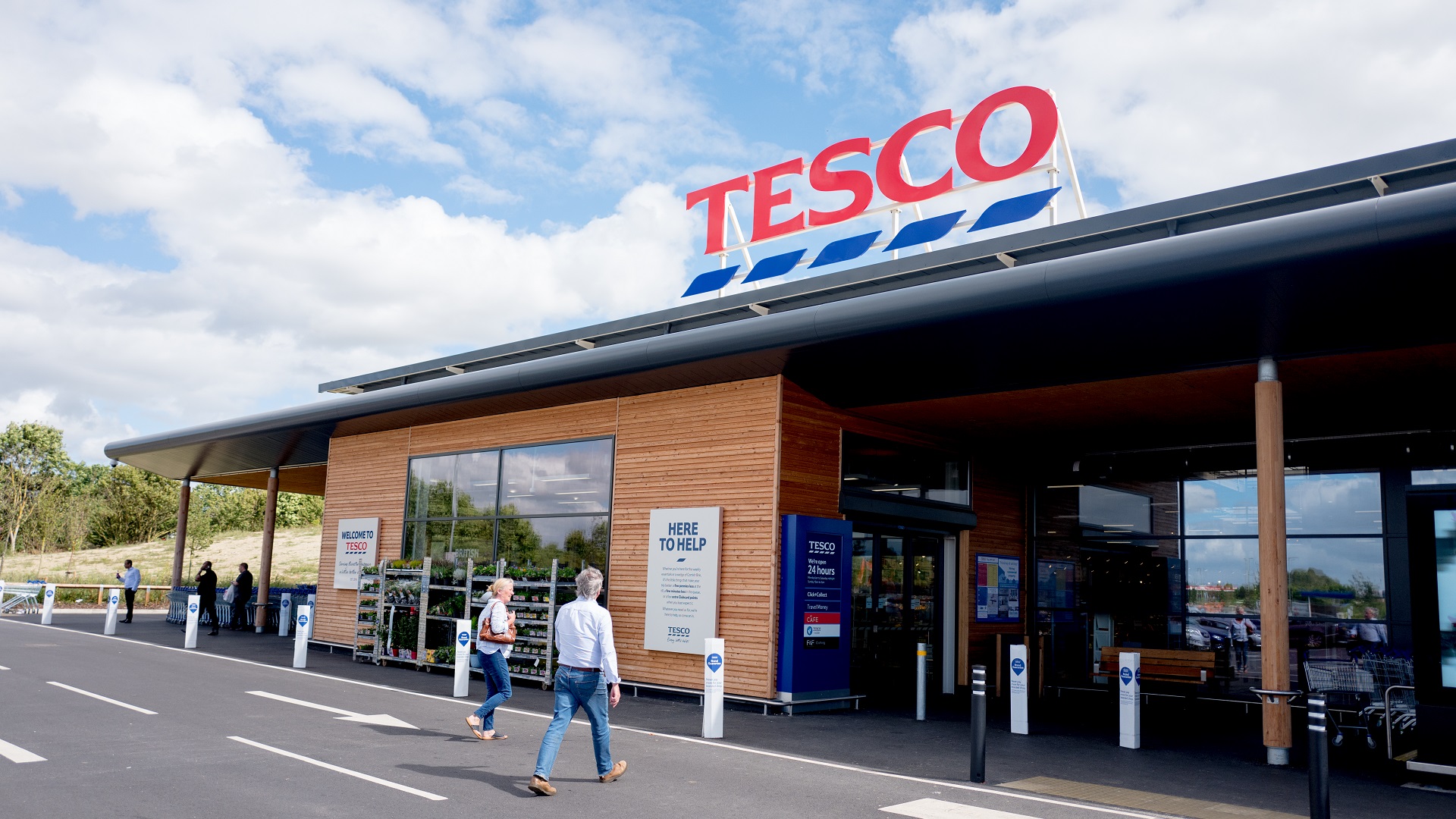In recent times, the United Kingdom has faced a combination of economic challenges, including rising inflation rates and an uncertain economic climate. Amidst these circumstances, concerns have been raised about the pricing strategies of big supermarkets and the extent to which they may be profiteering from the current situation. This article delves into the subject, exploring the factors contributing to inflation, analyzing supermarket pricing mechanisms, and examining whether the supermarkets are indeed profiteering during these challenging times.
Understanding Inflation in the UK
Inflation refers to the general increase in prices for goods and services, resulting in a decrease in the purchasing power of money. In the UK, inflation has been on the rise due to various factors such as increased costs of raw materials, supply chain disruptions, rising wages, and changes in consumer behavior. These factors collectively contribute to higher prices across sectors, including the retail industry.
Supermarket Pricing Mechanisms
Big supermarkets in the UK employ complex pricing mechanisms that involve several factors, such as procurement costs, operating expenses, marketing strategies, and consumer demand. They often negotiate with suppliers to obtain competitive prices for their products, taking into account factors like transport costs, import tariffs, and currency exchange rates. These supermarkets also engage in promotional activities to attract customers and maintain market share.
The Impact of Inflation on Supermarket Pricing
As inflation rises, supermarkets face increased costs in several areas. Higher transportation costs, fueled by rising fuel prices, impact the prices of goods from farm to store. Additionally, the prices of imported goods may increase due to exchange rate fluctuations and trade tariffs. Inflation also affects the cost of labor, as supermarkets may need to increase wages to retain staff amidst rising living costs. All these factors can contribute to upward pressure on supermarket prices.
Examining Profiteering Claims
While some consumers may perceive supermarkets as profiteering during times of inflation, it is essential to consider various factors before drawing conclusions. Firstly, supermarkets operate in a highly competitive industry where price competition is fierce. They face pressure from discount stores, online retailers, and each other to offer competitive prices. Secondly, the pricing mechanisms employed by supermarkets are multifaceted and influenced by various factors, making it challenging to attribute price increases solely to profiteering.
It is crucial to acknowledge that supermarkets also face their own economic challenges. They encounter increased costs in various areas, including raw materials, transportation, labor, and energy. These expenses, coupled with the need for investment in technology, sustainability initiatives, and store maintenance, impact their profit margins.
Transparency and Consumer Awareness
To ensure transparency and address concerns about profiteering, it is vital for supermarkets to adopt clear and concise communication strategies. By providing detailed breakdowns of pricing components, supermarkets can help consumers understand the factors contributing to price increases. Additionally, offering affordable alternatives, value-for-money products, and price-matching policies can alleviate consumer concerns and demonstrate a commitment to fair pricing practices.
Government Regulation and Oversight
To prevent any potential profiteering, it is the responsibility of regulatory bodies to monitor and ensure fair competition within the retail industry. Governments can enforce regulations that promote transparency in pricing mechanisms and prevent anti-competitive practices. Regular audits and investigations into pricing strategies can help maintain a level playing field, ensuring that supermarkets do not take undue advantage of the economic climate.
While concerns about profiteering in big UK supermarkets amidst inflation and economic challenges are understandable, it is important to consider the complexity of factors involved in pricing mechanisms. Rising costs across the supply chain, coupled with the need for investment and fierce competition, make it challenging to attribute price increases solely to profiteering. However, to address consumer concerns and maintain trust, supermarkets should focus on transparent communication, affordability, and consumer-friendly
Profiteering in the UK: Big Supermarkets Amidst Inflation and Economic Challenges

